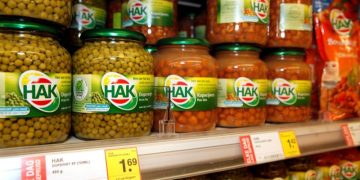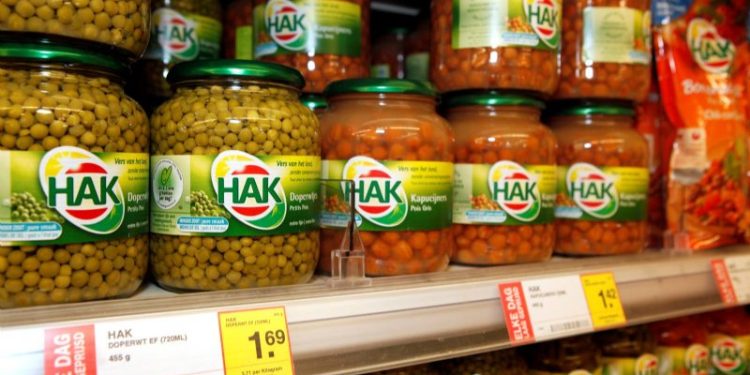HAK received B Corp. certification this week. “This does not mean that our sustainable path is over,” comments CEO Timo Hugeboom. “The B Corps should get a higher score every three years. And that’s a good thing. It’s a way to keep us on our toes when it comes to increasing our positive impact.”
To earn B Corp certification for the first time, an organization must score at least 80 in what is known as a “B Impact Score”. A producer of vegetables and legumes from Giessen in North Brabant scored 84.2 points. The results show that Haq particularly appreciated the positive impact on consumer health and the strong focus on sustainable and local growing.
Hak is one of the first companies in the agri-food sector to be B Corp. certified, says B Lab Benelux director Tessa van Soest. It is the non-profit organization behind the certification. “The path HAK has taken to become B Corp., their commitment to working towards continuous improvement and their commitment to producing 100% organic, locally grown vegetables and legumes by 2027 are big steps. This is a perfect fit for B Corp.’
*Read also: HAK continues its green mission and wants to get B Corp certification
The score also shows some areas for improvement. For example, a vegetable and legume producer’s water management could still be improved, and Hak could do more to make the network more climate neutral. “These findings are in line with our sustainability strategy, which aims to reduce CO2 emissions by 46 percent, among other things, and want to take a closer look at emissions in the rest of the chain,” Hoogboom said.
To remain B Corp certified, organizations must earn a higher score every three years. “These periodic follow-ups are a good way to keep us on our toes when it comes to increasing our positive impact. In the coming years, we want to remain trendsetters and motivate everyone in the chain to join us on this journey,” concludes Hoogboom.































